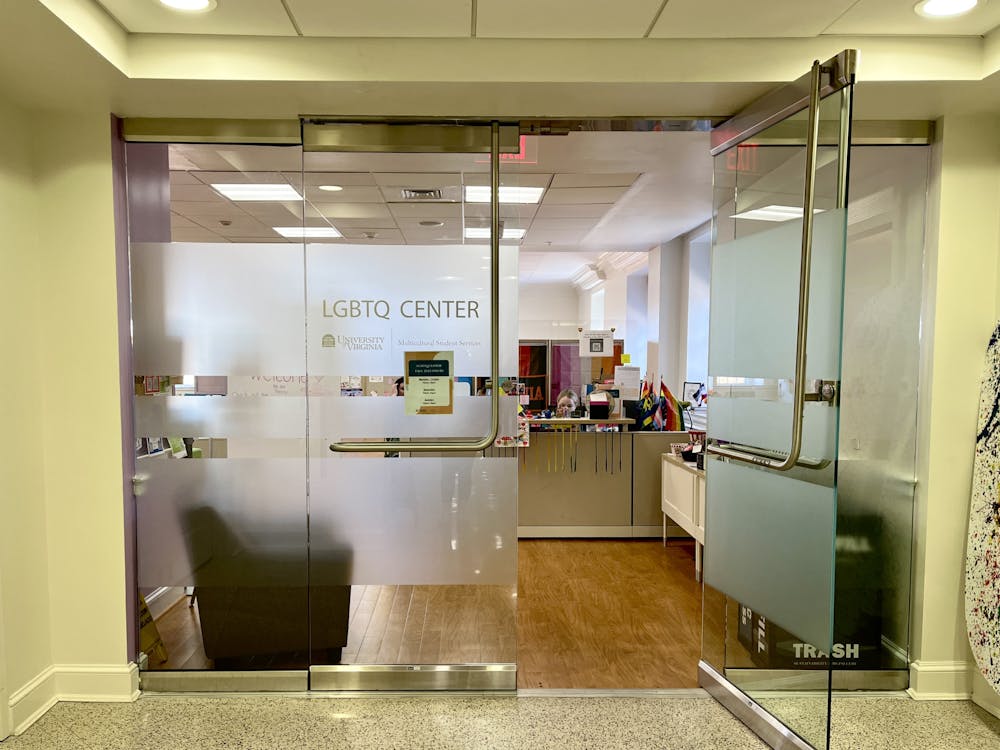The University's Queer Student Union is currently collecting responses for a form designed to measure how many students have changed their legal or preferred name during their time at the University, and whether they have experienced issues with the change not being reflected in the Student Information System or other technical services.
The survey, not affiliated with the University, was released to the student body through Student Council’s bi-weekly newsletter Oct. 26. The nine-question survey, which gives students the option of answering anonymously, asks students who have changed their name during their time as a student and whether their previous name still appears in any of the University's systems.
The form also provides space for personal stories related to students’ name change experience, as well as how the process could be streamlined.
Students can change their preferred name, which includes nicknames, displayed on SIS at any point through the ITS Identity & Access Management Portal. They can change their legal name through the SIS Primary Name Update Form, which requires supporting documentation such as a passport or driver’s license.
Lex Williams, QSU trans advocacy co-chair and fourth-year College student, works with students who experience difficulty with the University’s name-change process. Williams said that many students have approached QSU with name-change related issues in recent semesters, particularly with the change not being reflected in University systems.
“We’ve had people reach out individually, and we’re just trying to centralize that information to see what the scope of the problem is and what specific systems we need to focus on,” Williams said.
According to a statement from University Spokesperson Bethanie Glover, more than 17,000 members of the University community have set a preferred first name in the Identity Management System, and over 8,000 people have set a preferred last name. Preferred names are not necessarily full name changes, and may instead reflect a student’s preferred nickname.
These changes made to preferred and legal names are automatically updated in services including SIS, Workday, Canvas and Outlook. Glover said that not all University services draw data from the University’s IMS, meaning that former names appear in some locations and must be updated individually.
Additionally, Glover said that working groups aside from QSU are collecting information and feedback to identify ways to make the name-change process easier.
Williams said that because QSU does not have access to information from the University’s internal reviews, they have not been able to tell how many students have had issues completing the name change. He added that QSU has had success talking to the administration about other issues that the organization has tackled in the past.
“The biggest thing that we want to get a picture of [from the survey] is where people are having the most issues and what’s presenting the biggest obstacle,” Williams said.
He said that after obtaining the survey results, QSU will be able to better understand the scope of the problem and will present their findings and recommendations for change to University Records & Information Management and the registrar’s office by the start of the Spring 2024 semester.
The survey will close Nov. 30.







